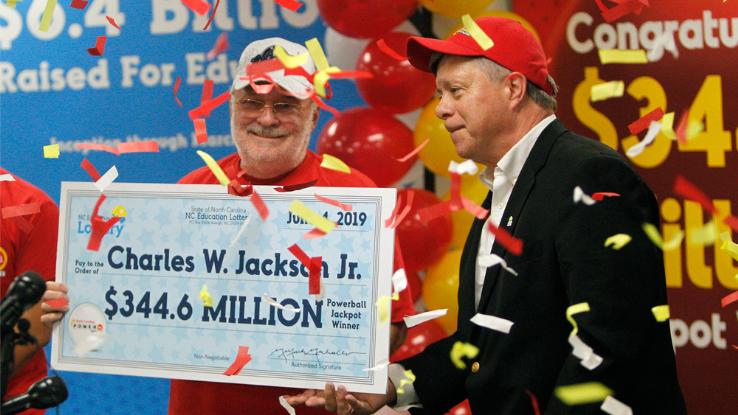
What you may not know? A lottery machine generates the numbers for Powerball draws, which means the combinations are random and each number has the same probability of being drawn. More specifically, Powerball uses a Halogen Lottery Draw Machine, a mechanical-mix device developed by Smartplay Systems. Even websites that specialize in analyzing lottery combinations and patterns admit that Powerball — and most other lottery systems in the world — are truly games of chance. In fact, one popular website that evaluates supposed Powerball patterns claims that just because a number has historically performed well does not mean it will continue a streak in the future.
Why Is the Powerball Draw So Popular?
In 2016, Powerball made headlines by achieving the largest lottery jackpot in history. The staggering amount? More than $1.58 billion. In the end, three winning tickets from Florida, California and Tennessee split the colossal amount. In 2018, the biggest single ticket Powerball winner, who hailed from South Carolina, nabbed a $1.54 billion jackpot — and they used the “Quick Pick” option, meaning they didn’t give any thought to the numbers they selected. The winner claimed the prize five months later and opted for the lump sum payment of $877 million.
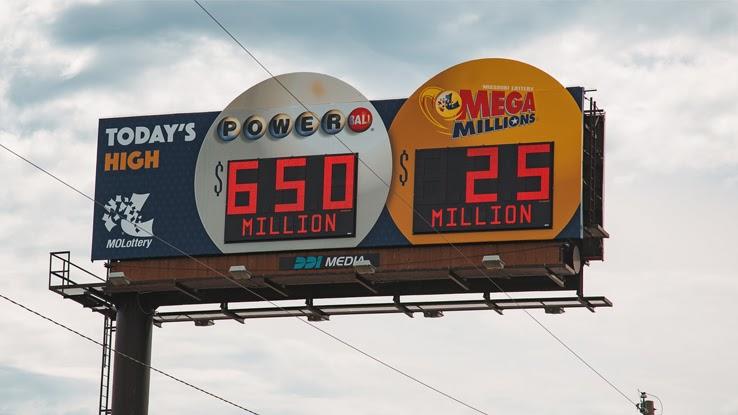
The lowest guaranteed jackpot offered by Powerball is $20 million, which isn’t too shabby. Nonetheless, due to the mechanics of the game, it isn’t unusual for jackpot prizes to reach hundred millions and billions of dollars pretty often.
How Does Powerball Work?
Powerball derives its name from the way the numbers are drawn — through that the Halogen lottery machines we mentioned earlier. In Powerball drawings, two of these machines are used: One contains a numbered set of 69 white balls and the other contains 26 red “Powerballs.” Players must guess the correct 5-number combination derived from the white balls, which can be drawn in any order, and correctly guess the number on the red ball in order to win the jackpot. All of this means, you have a 1 in 292 million chance of winning that jackpot.
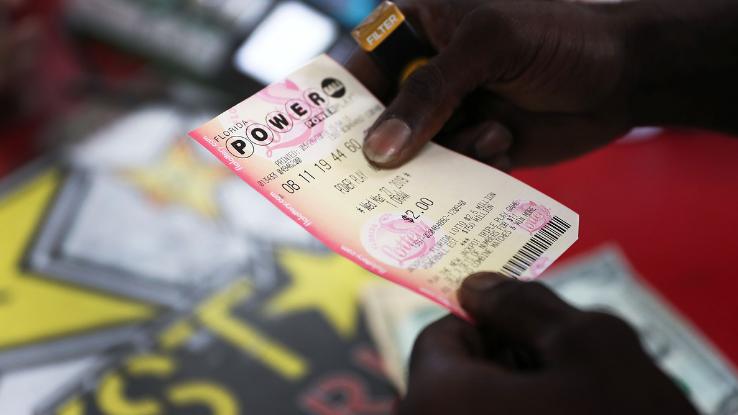
Not sure the odds are in your favor? Luckily, there are several other ways that Powerball players can win cash prizes. For example, guessing the right five-number combination of white balls nets you $1 million, while matching four out of five white balls plus the red ball nets winners $50,000. So, what happens if you guess just the red ball correctly? You’ll win a whopping $4, which is better than nothing, right?
Can Math Increase Your Chances of Winning?
Lottery Codex, which lottery games, theorizes that your odds of winning Powerball can improve if you harness the power of math. Seriously. “You need a mathematical strategy,” the author writes. “And a mathematical strategy is all about calculating all the possibilities and making the right choice.” More specifically, they suggest using combinatorial math and probability theory.
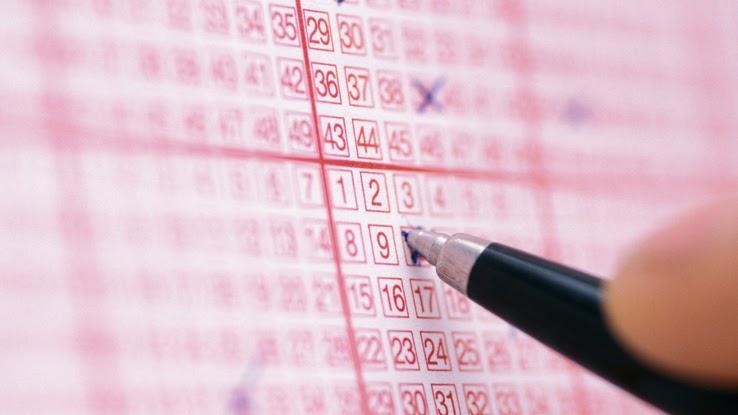
For example, the writer goes into quite a bit of depth about why choosing a combination of three odd and two even white ball numbers significantly boosts your chances. “The first thing you should know before you play is to know the ratio of success to failure and choose the best one,” Lottery Codex notes. “You cannot change the underlying probability and you cannot beat the lottery’s odds, but as a lotto player, you have the power to know and make the right choice.” However, even choosing numbers from the supposed “best patterns” still leaves players with one in several million odds of winning.
How Have Previous Lottery Winners Picked Their Numbers?
Past lottery players have used a variety of strategies when it comes to picking winning combinations. Some folks draw from numbers that have a personal resonance — birth dates, anniversaries, horoscope numbers and more — while other players choose numbers at random when they mark their cards. In 2019, one $200 million winner confessed to using the “Lucky Numbers” included in a fortune cookie.
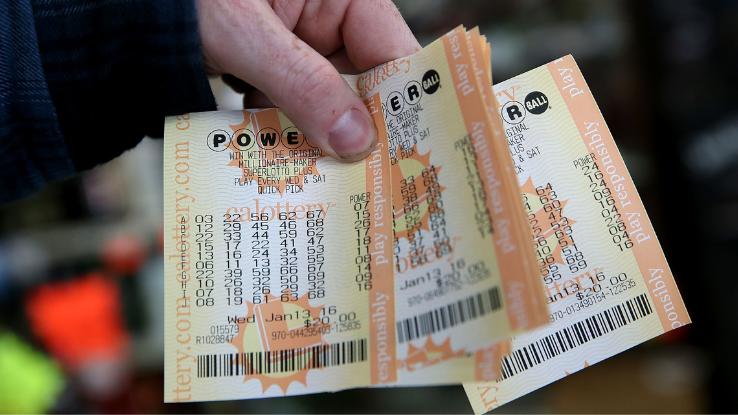
As mentioned above, the biggest single-ticket winner won nearly $900 million using the “Quick Pick” option — where numbers are selected at random on your behalf. Although this convenient method goes against the advice of math-based strategists, like those at Lottery Codex, lottery organizers have revealed that roughly 70% of winners have used the “Quick Pick” option to great effect. So, do you think the odds are in your favor? There’s only millions of ways to find out…





